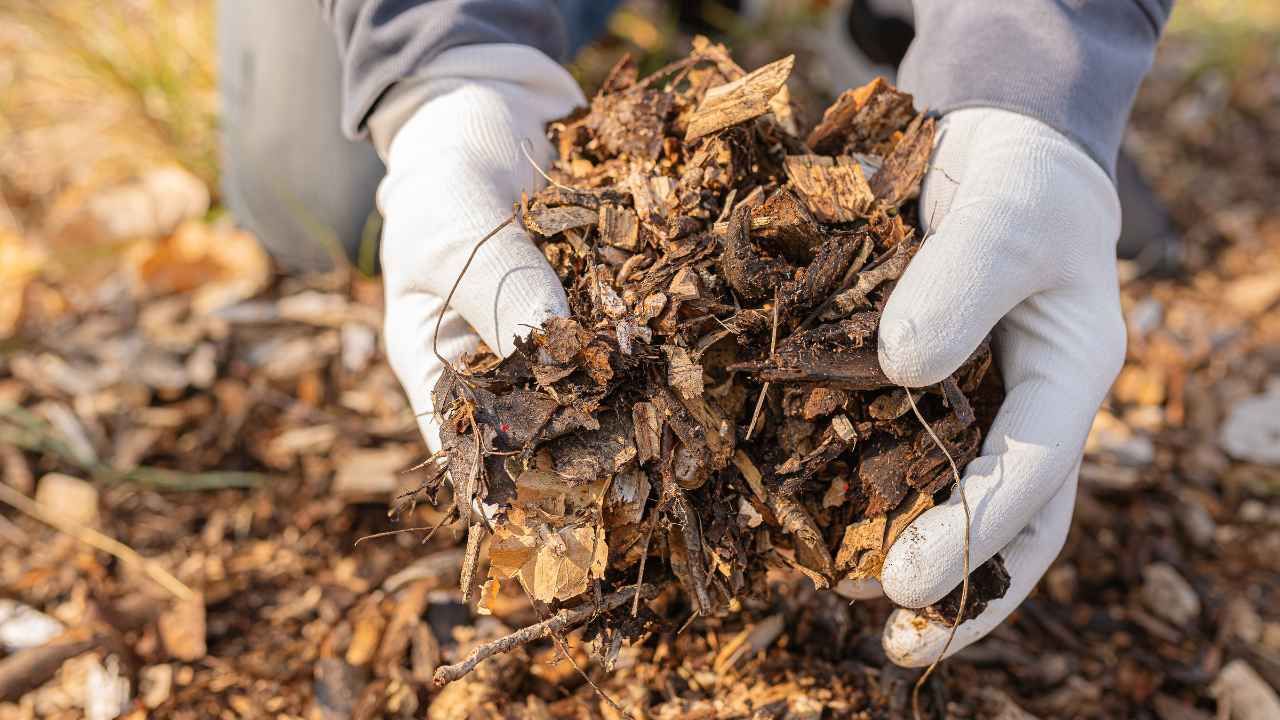The Benefits of Composting and Natural Fertilizers

A thriving landscape starts from the ground up, and when we’re talking about landscaping in New Haven CT, soil health is everything. Many homeowners rely on chemical fertilizers for a quick fix, but natural alternatives like compost and organic fertilizers offer long-term benefits that improve soil quality, plant health, and environmental sustainability. Let’s explore why composting and natural fertilizers are the best choices for your yard.
Transforming Waste into Nutrient-Rich Soil
Every day, kitchen scraps and yard clippings end up in landfills when they could be used to enrich soil instead. Composting turns organic waste into a nutrient-rich soil amendment that enhances plant growth and soil structure.
- Compost improves soil texture, making it easier for roots to access oxygen and water.
- It increases water retention, reducing the need for frequent irrigation.
- Beneficial microorganisms thrive in composted soil, breaking down organic matter into essential nutrients.
Rather than discarding food waste and leaves, homeowners can turn them into an all-natural solution for healthier plants and a more sustainable yard.
Healthier Lawns and Gardens Without Harsh Chemicals
Many commercial fertilizers contain synthetic chemicals that may leach into groundwater, harm beneficial soil life, or burn plant roots. Natural fertilizers and compost, on the other hand, nourish plants gradually without the risk of chemical overload.
- Provides a balanced release of essential nutrients like nitrogen, phosphorus, and potassium.
- Encourages root development and plant resilience by improving soil biodiversity.
- Prevents nutrient runoff that could harm nearby water sources.
Natural fertilizers don’t just feed your plants; they nurture the entire ecosystem beneath them.
Cost-Effective and Sustainable Landscaping Solutions
Buying commercial fertilizers every season adds up, but composting offers an affordable, renewable alternative. Creating your own compost or using natural fertilizers means reducing waste and reinvesting nutrients into your yard.
- Reduces reliance on store-bought soil amendments.
- Lowers household waste by recycling food scraps and lawn clippings.
- Decreases long-term maintenance costs by improving soil quality naturally.
For homeowners looking to cut down on expenses while making environmentally responsible choices, composting is a win-win.
Supporting Biodiversity and Soil Microorganisms
Healthy soil isn’t just dirt—it’s a thriving network of microbes, fungi, and insects working together to support plant life. Compost and natural fertilizers help maintain this delicate balance.
- Encourages beneficial bacteria and fungi, which aid in breaking down nutrients.
- Supports earthworms and other soil-dwelling organisms that aerate and fertilize naturally.
- Helps prevent soil degradation by maintaining organic matter levels.
The more diverse your soil ecosystem, the healthier and more resilient your landscape will be.
Case Study: A New Haven Homeowner’s Greener Garden
A homeowner in New Haven struggled with patchy grass, weak plant growth, and heavy soil erosion in their backyard. Frustrated with constant replanting and expensive fertilizers, they decided to try composting.
- Approach: They started composting kitchen scraps, lawn clippings, and fallen leaves in a backyard compost bin. Instead of synthetic fertilizers, they switched to organic alternatives like manure and bone meal.
- Results: After a year, their soil became richer and more porous, plants grew stronger with deeper roots, and their water bill decreased due to improved soil moisture retention.
By making the switch to natural fertilizers, they not only improved their yard’s appearance but also contributed to a healthier local environment.
How to Get Started with Composting and Natural Fertilizers
Interested in making the switch? Here’s how to get started:
- Set Up a Compost Bin: Choose an outdoor bin or a worm composting system for smaller spaces.
- Know What to Compost: Stick to fruit and vegetable scraps, coffee grounds, eggshells, grass clippings, and dry leaves.
- Avoid the Wrong Materials: Stay away from meat, dairy, greasy foods, and pet waste.
- Mix and Turn Regularly: Aerate your compost pile by mixing it every few weeks to speed up decomposition.
- Choose the Right Natural Fertilizers: Organic options like compost tea, fish emulsion, and bone meal provide excellent nutrient support for different types of plants.
Composting and using natural fertilizers is easier than many homeowners realize—and the results speak for themselves.
Ready to Enhance Your Landscape Naturally?
Switching to composting and natural fertilizers can transform your yard into a thriving, sustainable space while reducing waste and chemical dependency. If you're looking for professional guidance in sustainable landscaping, we can help you create a greener, healthier outdoor space. Contact Avalanche Landscaping today to learn more about our eco-friendly landscaping services!

